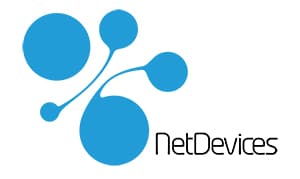The use of Kafka Or RabbitMQ to manage numerous treatments on API (Application Programming Interfaces) and documents offers several advantages in specific contexts.
Apache Kafka:
Real-time processing :
Kafka is particularly effective in the treatment of real-time data flow. In the context of APIs, this means it can handle a continuous flow of events from different sources, enabling immediate reactivity to changes.
Horizontal scalability :
Kafka has been designed with a distributed architecture for horizontal scalability. It can evolve simply by adding new nodes, making it an ideal solution for managing large volumes of data and simultaneous processing.
Data durability :
Kafka persists data, which means it can be stored over an extended period. This ensures data integrity and facilitates recovery from any breakdowns.
Treatment distribution :
Kafka subjects enable data to be distributed to different consumers. This makes it easy to manage multiple simultaneous processes on APIs and documents from different sources.
RabbitMQ:
Asynchronous management :
RabbitMQ excels in asynchronous message handling. It can be used to shift processing, which is advantageous when APIs generate continuous streams of data and simultaneous processing is required.
Flexible routing :
RabbitMQ offers great flexibility in message routing to different holding files. This allows efficient distribution of processing according to the specific nature of the data, which is useful for managing a variety of documents.
Communication protocols :
RabbitMQ takes care of various communication protocols, offering easy integration with different systems. This can be advantageous in an environment where different APIs use different protocols.
In short, the choice is between Apache Kafka and RabbitMQ depends on the specific needs of your application. Kafka excels in real-time processing and scalabilitywhile RabbitMQ offers asynchronous management messages and flexible routing. It may also be useful to consider other factors such as the complexity of the implementation, the skills of the team and the specifics of the use case.
If you have any questions or need help on any of these topics, please don't hesitate to contact us!
Also discover: Bubble.io agency / no-code agency / agency Node .js / agency react .js



